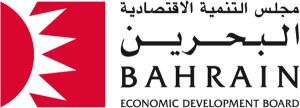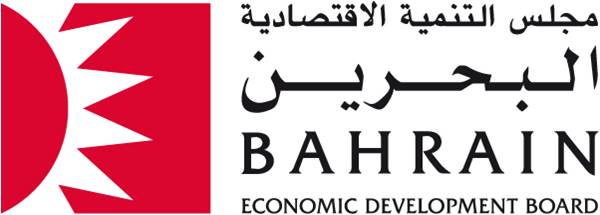 The latest quarterly review released by the Economic development Board (EDB) showed that Bahrain’s efforts to diversify its economy are proving positive after figures showed that its non-oil economy surpassed expectations after it expanded by 5% in the first quarter.
The latest quarterly review released by the Economic development Board (EDB) showed that Bahrain’s efforts to diversify its economy are proving positive after figures showed that its non-oil economy surpassed expectations after it expanded by 5% in the first quarter.
Khalid Al Rumaihi, the chief executive of the semi-private autonomous agency responsible for formulating Bahrain’s future economic development strategy, noted that “even as the hydrocarbons sector experiences a decline due to seasonal maintenance, headline real GDP expanded by 2.9% and we continue to project robust growth throughout 2015 and 2016.” He credited the improvement to the diversification policies that have been implemented for the past 10 years.
The non-oil sector constitutes more than 80% of Bahrain’s GDP. The government is planning to continue investing in key infrastructure projects for the next years with the hope to increase public and private sector participation across the manufacturing industry, energy, healthcare and education sectors. More than $22 billion is expected to be invested.
Private education, healthcare, construction, transportation and communications are the fastest growing activities with the private healthcare sector and education activities growing by more than 8% year-on-year; which is more than hotels and restaurants.
Construction, transportation and communications are also above 7%.
The progress achieved by Bahrain was welcomed by Bahraini economist Dr Akbar Jaffari, who’s also the chief executive of Jafcon Consultants. He also supported the government’s plan to remove subsidies stating that “subsidies are designed to benefit only the economically disadvantaged and when applied generally they lead to wastages, which cannot be allowed to continue.” He said the decision won’t have a negative impact on growth describing the subsidies as “a kind of harmful benevolence” that should have been stopped decades ago.
